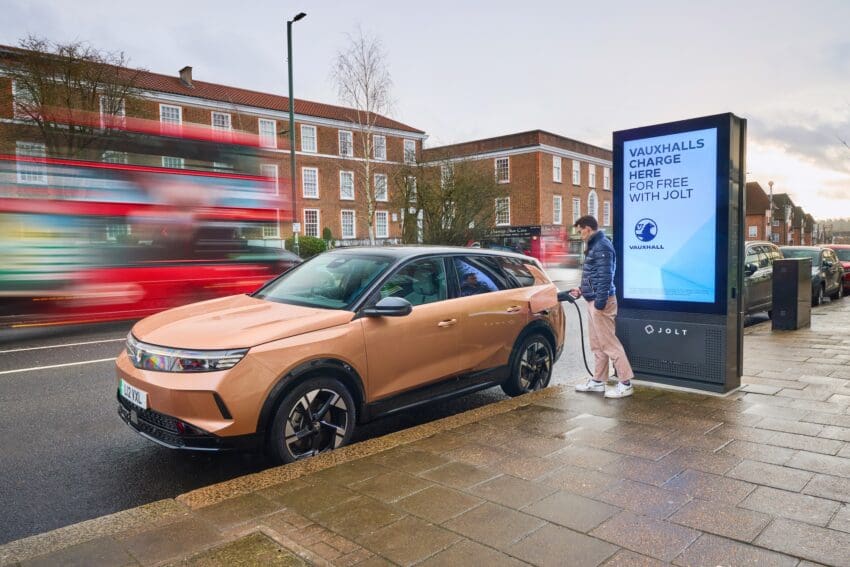
Charging biggest obstacle to UK-wide fleet electrification for now
The availability of EV charging at home and across the board is the biggest constraint on UK car fleet electrification, according to the new Arval Mobility Observatory barometer.
The automotive research firm found that 41% of UK fleets asked said there are not enough public charging points, 39% reported there is no charging at employees’ homes, while 25% reported a lack of chargers at their company offices.
Regarding the findings, John Peters, the UK head of the Arval Mobility Observatory commented: “In our findings, 70% of companies mention at least one challenge related to charging points, so this is clearly a widespread issue. To some extent, the answer can be in the hands of employers. If there are no charging points at offices or at the homes of employees who have off-road parking for a charger to be fitted, then companies could take action to resolve these problems.
“However, there is much that remains outside their control. While the public charging infrastructure is growing, it remains patchy in places, and where employees live in terraced housing or apartments, installation of on-street charging is very limited although that situation is starting to improve.”
Peters’ comments about the improved charging situation are reflected in Zapmap’s finding that there are now over 82,000 fast-charging EV charge points across the UK, with more than 8,000 of them being installed since the start of the year.
Moreover, Vauxhall is contributing to the installation of more on-street charging via its Electric Streets of Britain campaign by aiming to support the 40% of UK households without access to EV home charging. The initiative provides local councils with information from Vauxhall and non-Vauxhall EV drivers alike to support them in rolling out more on-street chargers.
The Arval Mobility Observatory also found that range anxiety has significantly dropped amongst fleets, with less than one in five now mentioning it as an issue.
“It’s interesting that fewer than one in five fleets mention range as an issue,” Peters continued. “Just a few short years ago, we’re confident that this would’ve been a major concert, but it appears that the 250-350 mile range typically found on fleet electric cars is sufficient for most needs.”
This correlates with charge point operator Jolt’s recent findings that almost 90% of drivers who have switched from a petrol or diesel car to an EV are no longer concerned about range anxiety, and 70% of the UK’s EV drivers now use charging sessions for leisure activities.